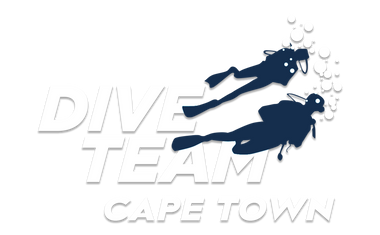Diving, snorkeling and swimming with the Cape fur seals has been one of the most popular marine activities in Cape Town for nearly two decades. People came from all over the world to swim with these playful and curious creatures.
Seal diving really started to gain popularity around 2009 and quickly became one of the most requested tours in the diving and marine tourism industries. The activity was beautiful, it allowed everybody to interact with the animals. It did not matter whether you were the next Jacques Cousteau or if you were unable to swim. You did not need to have any form of training or diving qualification to take part in the fun.
Swimming with the seals changed peoples lives. These animals inspired young minds to become marine biologist, conservationists, diving instructors and tour guides. They featured on documentaries for Discovery channel to Nat-Geo, Animal Planet and BBC to name a few.

Diving businesses thrived who offered diving and snorkeling tours with the seals. It was common to see five or six boats around the seal colonies during peak season, each with 10-12 divers onboard. Some of these dive shops had two or three trips a day. Seal diving was the gift that kept on giving, or as some use to call it the "golden goose".
Then in 2020 the first bite happened. This was not normal, it was unheard of that a seal bites a person. The incident was dismissed as an accident and quickly blew over and was forgotten. Shortly thereafter another incident and another. At first a single person was bitten at a time and then in 2023 all hell broke loose. A single seal attacked an entire boat full of divers. This made world news but was considered unusual and isolated behavior. Not long after it happened again and again, each time multiple people got bitten. Incidents started popping up across the country from Cape Town to Plettenberg bay, divers, beachgoers and surfers have been attacked, with some being hospitalized. More than 120 cases were reported in three years.

There was talk about Demoic acid being the cause, some animals were tested but the tests all came back negative for this. Marine Biologists were baffled by what could be causing the aggression in these animals. Then in 2024 it was suggested to test for Rabies, one seal tested positive! More tests were done and by the end of July 2024 there had been 17 confirmed cases of Rabies in the Cape Fur Seal population, the earliest of the samples was a seal from 2021 that tested positive.
The city of Cape Town issued a press release warning people to stay away from seal colonies and a conference was scheduled with the top experts in the world on Rabies and Cape Fur Seals to come up with a management plan on how to deal with the sickness and what the new reality is for these animals.

The conclusion at the end of the conference is that Rabies in the Cape Fur Seal population is here to stay and that caution should be taken when working with seals. It was advised to steer clear of seal colonies with in-water activities, this includes activities like diving, snorkeling, kayaking and surfing. Diving and snorkeling activities should be undertaken a fair distance from colonies.
At this stage it is not known how fast the disease spreads among the seals and research is ongoing, in the meantime the government has pledged to vaccinate resident harbor seals, and vagrant species like the visiting Elephant seals and Leopard seals against the Rabies disease.

For now we consider diving near seal colonies a dangerous activity and we no longer offer this as an option. We still encounter seals on dives and have not had any reports of negative encounters with seals when exploring the Kelp forests or open water dives.
For more information on the Seal / Rabies situation please visit:

